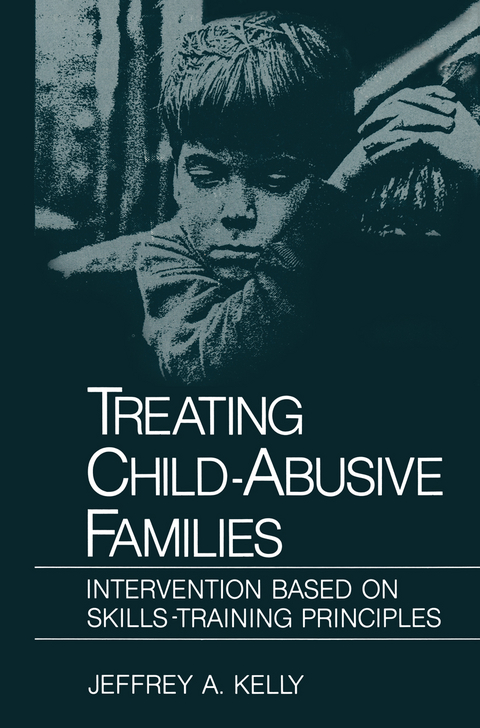
Treating Child-Abusive Families
Kluwer Academic/Plenum Publishers (Verlag)
978-0-306-41417-6 (ISBN)
1: The Incidence and Scope of Child-Abusive Behavior.- 2: Characteristics of Abusive Parents and Abused Children.- 3: A Social-Learning Model of Child Abuse.- 4: The Clinical Assessment of Child-Abusive Families.- 5: Training Abusive Parents to Use Nonviolent Child Discipline Strategies.- 6: Teaching Parents to Use Positive Reinforcement Skills.- 7: Anger-Control Training for Abusive Parents.- 8: Intervening to Reduce Life-Style Risk Factors of Abusive Parents.- 9: Interdisciplinary Team Coordination in Abuse Cases.- 10: Directions for Preventive Intervention.- Appendix I: The Eyberg Child Behavior Inventory.- Appendix II: Knowledge of Behavioral Principles as Applied to Children.- Appendix III: Deep Muscle Relaxation Training Script.- References.- Author Index.
| Erscheint lt. Verlag | 30.11.1983 |
|---|---|
| Reihe/Serie | NATO Science Series: B |
| Zusatzinfo | XIV, 220 p. |
| Verlagsort | New York |
| Sprache | englisch |
| Maße | 156 x 234 mm |
| Themenwelt | Geisteswissenschaften ► Psychologie ► Klinische Psychologie |
| Geisteswissenschaften ► Psychologie ► Verhaltenstherapie | |
| Medizin / Pharmazie ► Medizinische Fachgebiete ► Psychiatrie / Psychotherapie | |
| Medizin / Pharmazie ► Studium | |
| Sozialwissenschaften ► Soziologie | |
| ISBN-10 | 0-306-41417-1 / 0306414171 |
| ISBN-13 | 978-0-306-41417-6 / 9780306414176 |
| Zustand | Neuware |
| Informationen gemäß Produktsicherheitsverordnung (GPSR) | |
| Haben Sie eine Frage zum Produkt? |
aus dem Bereich


